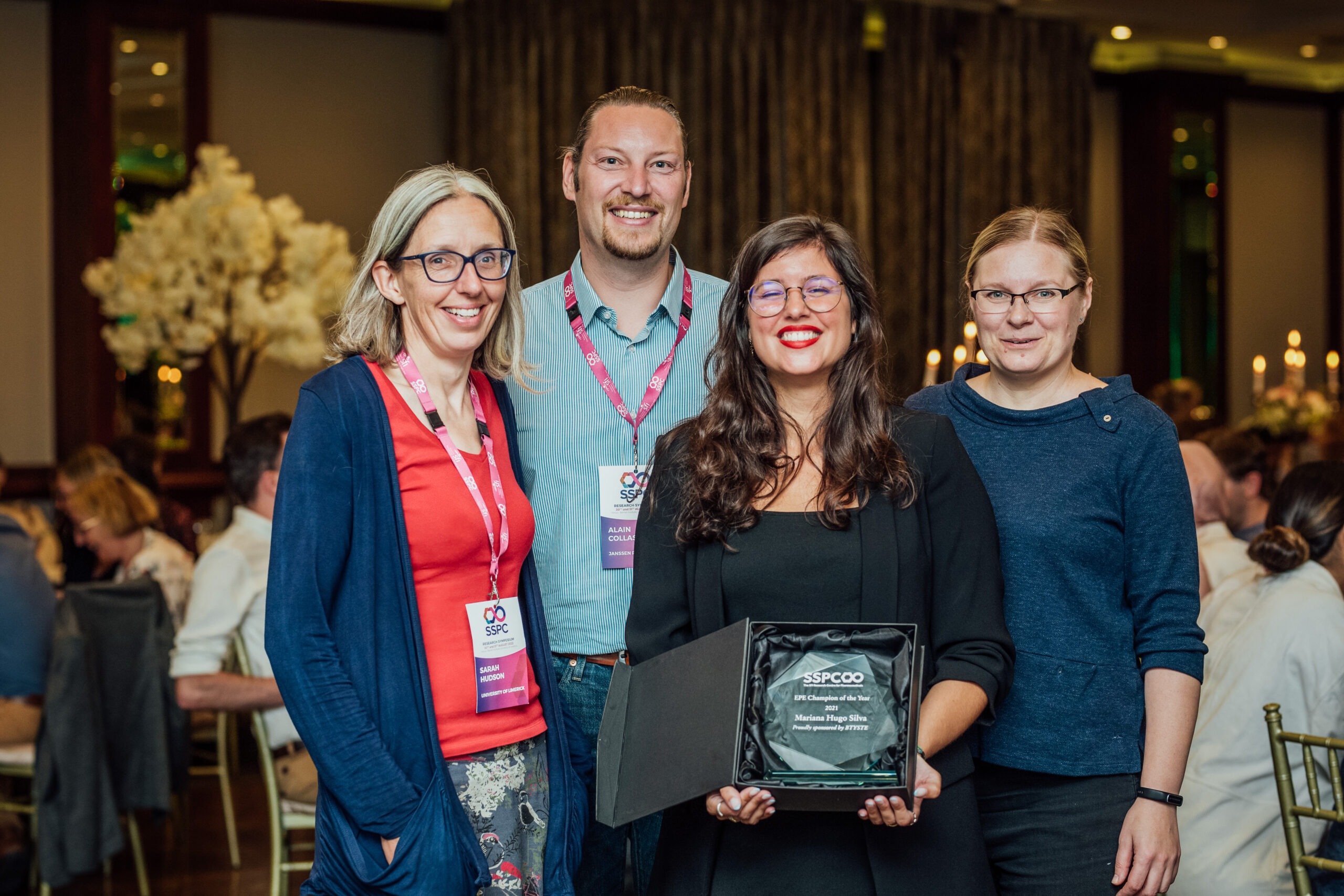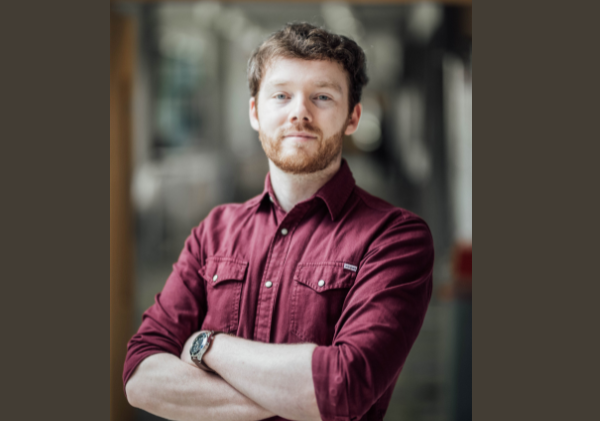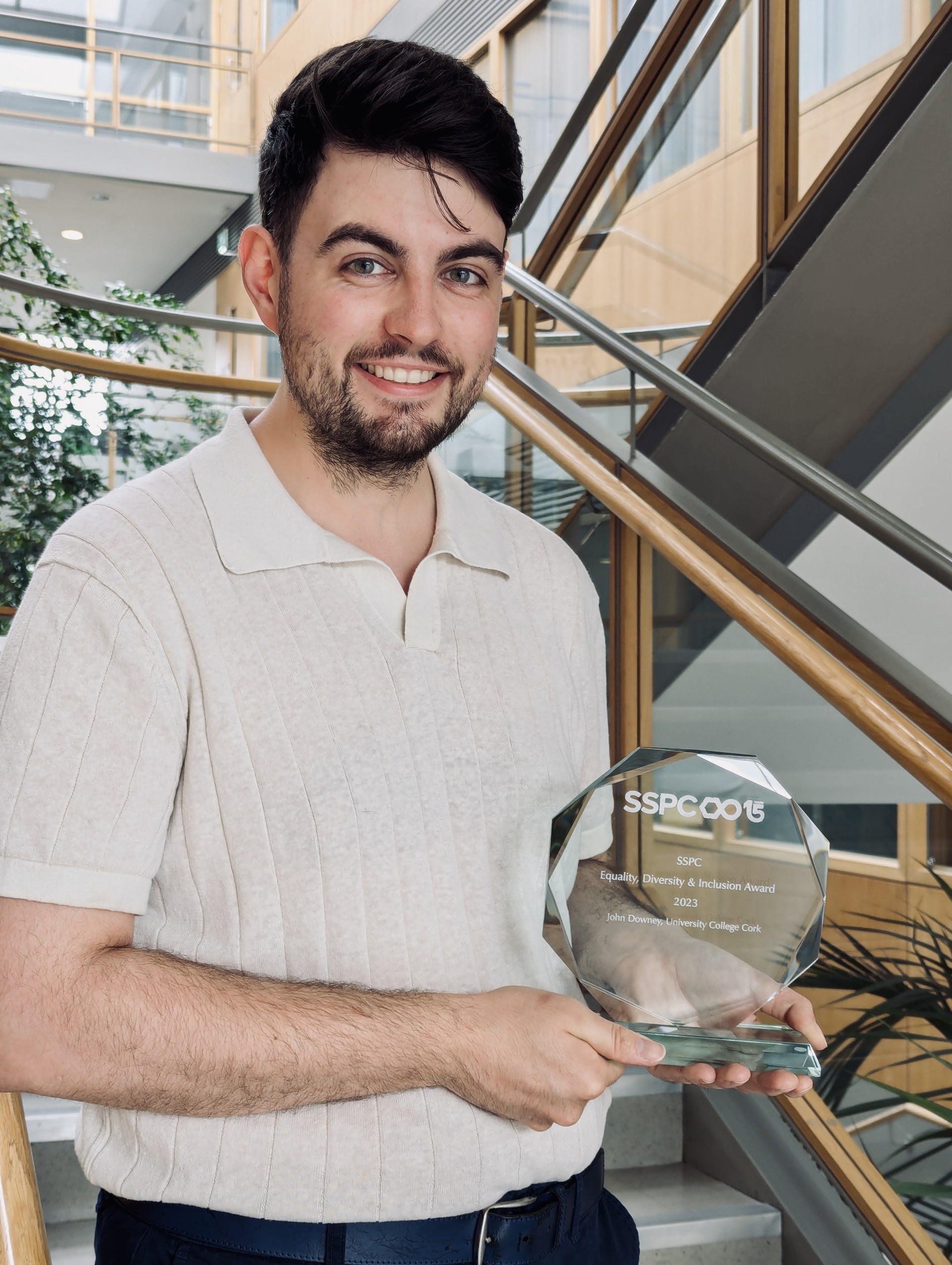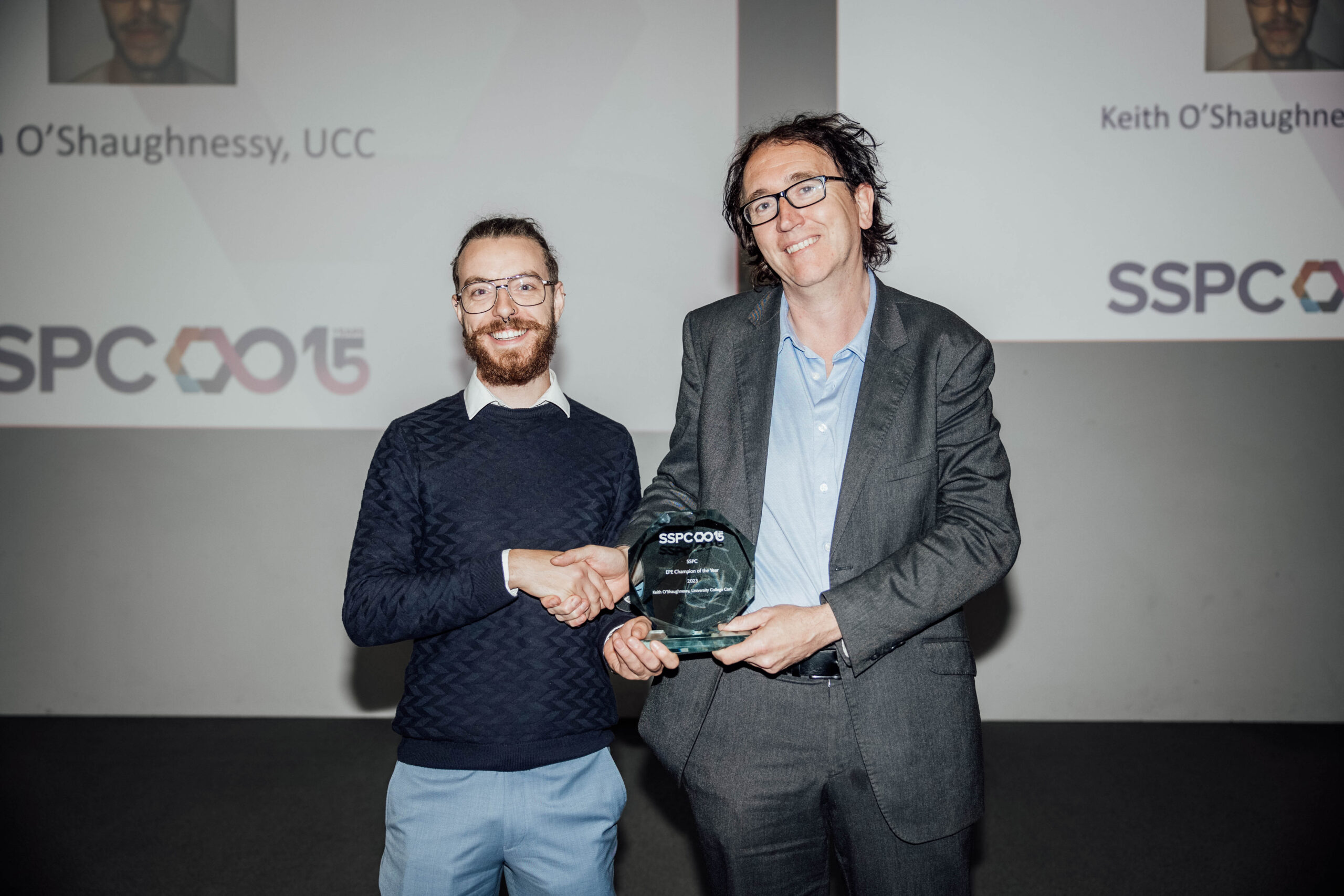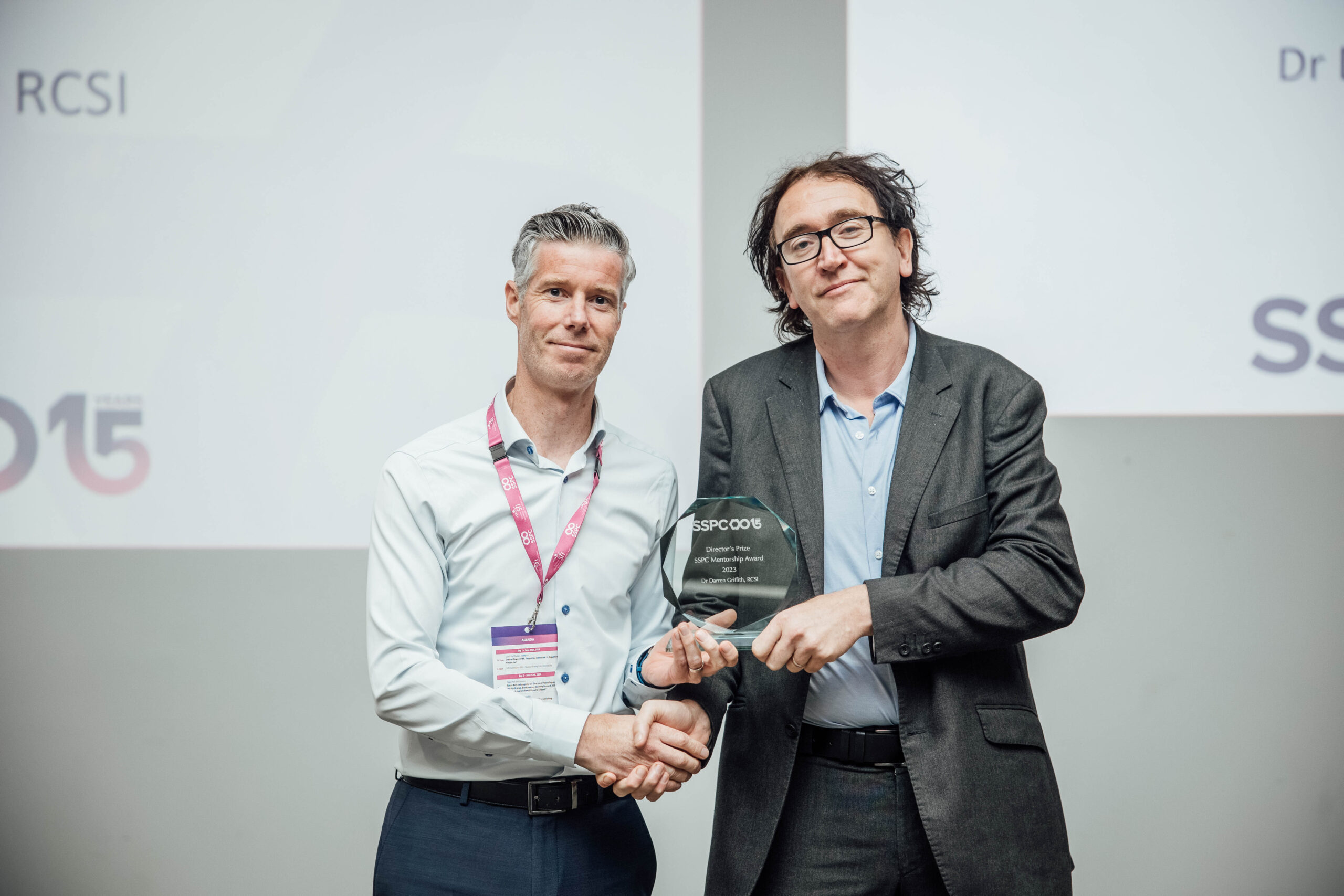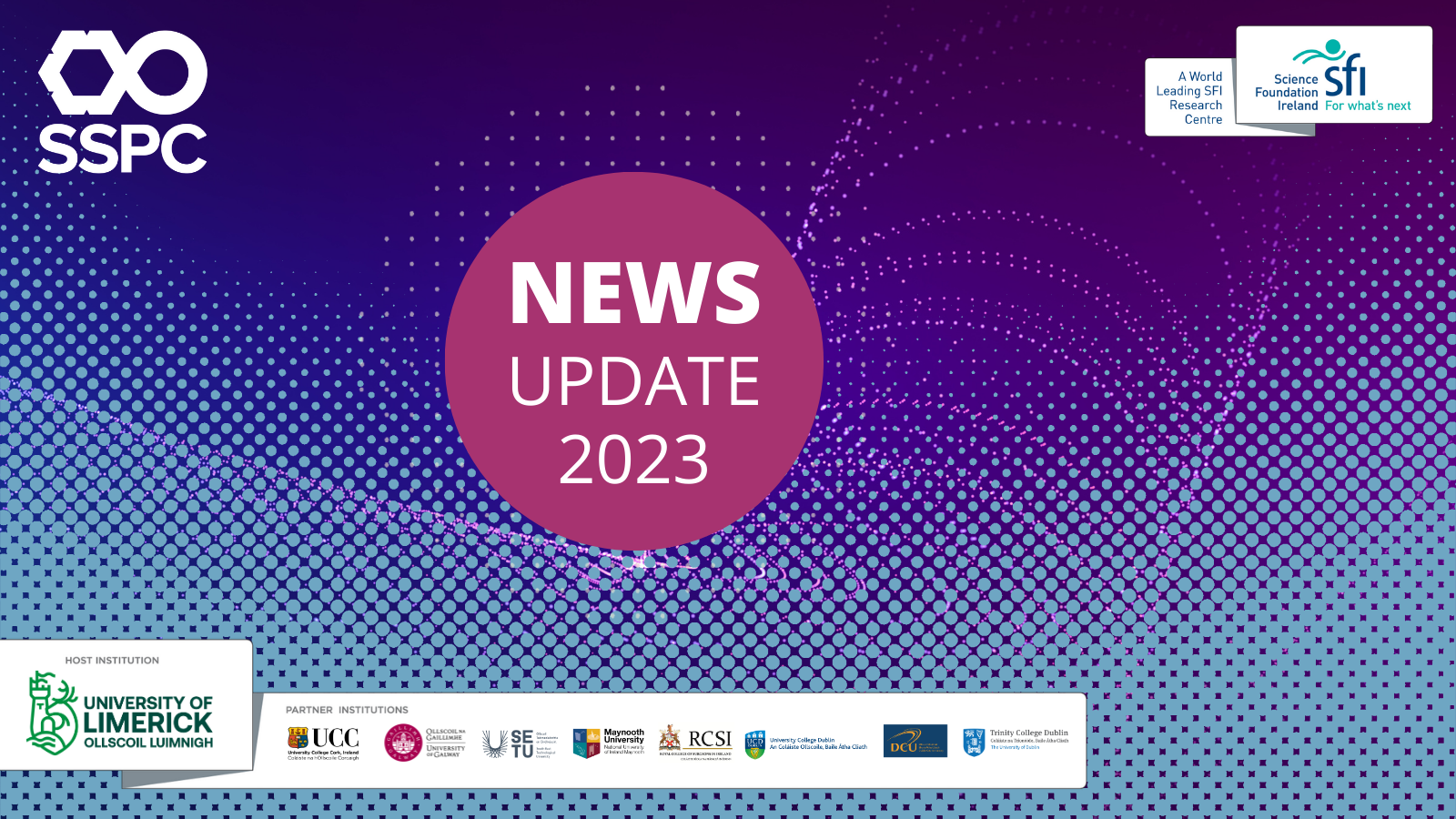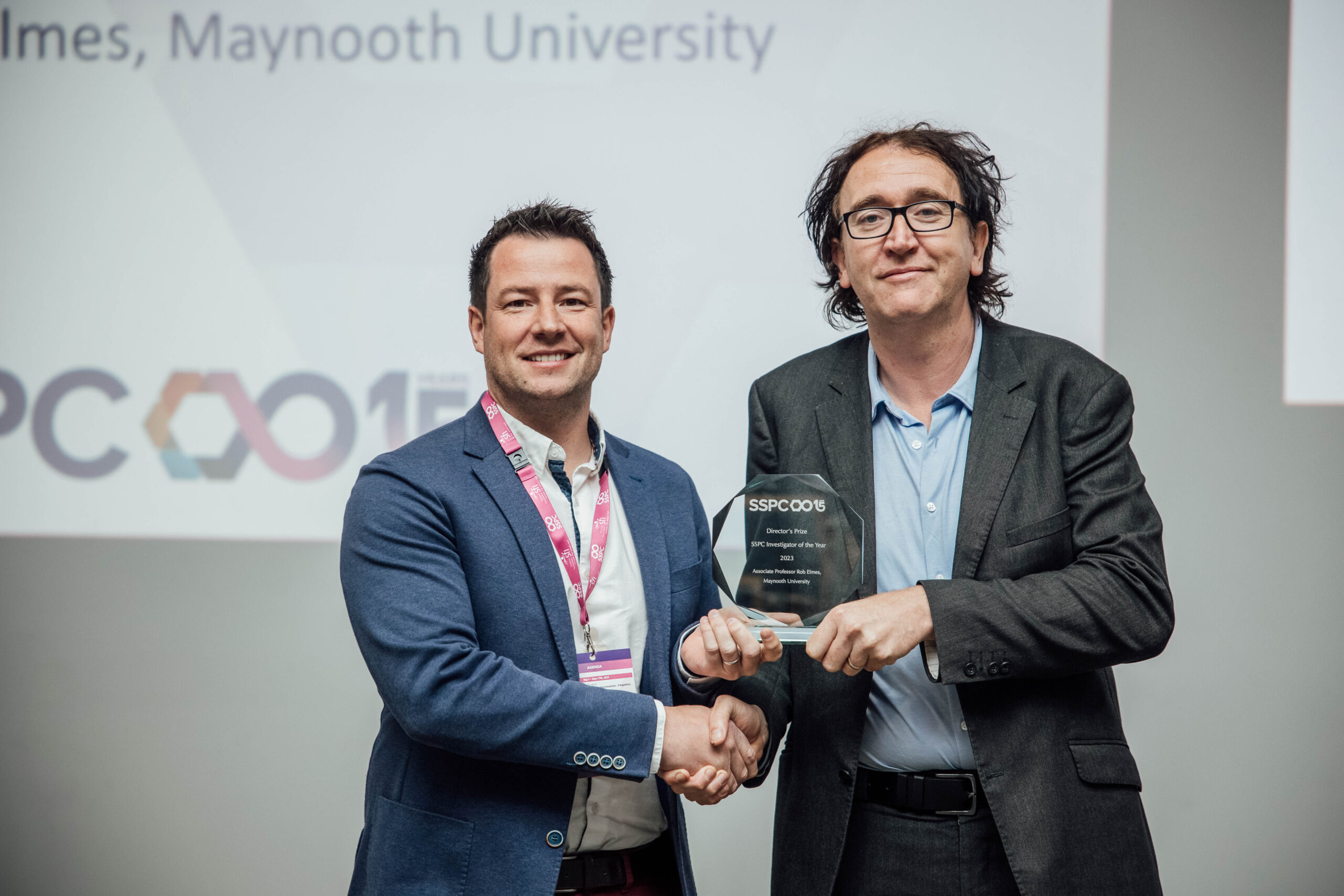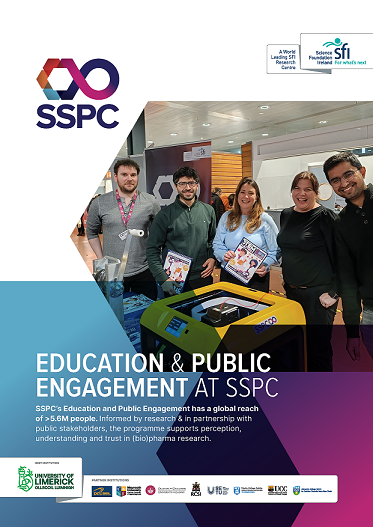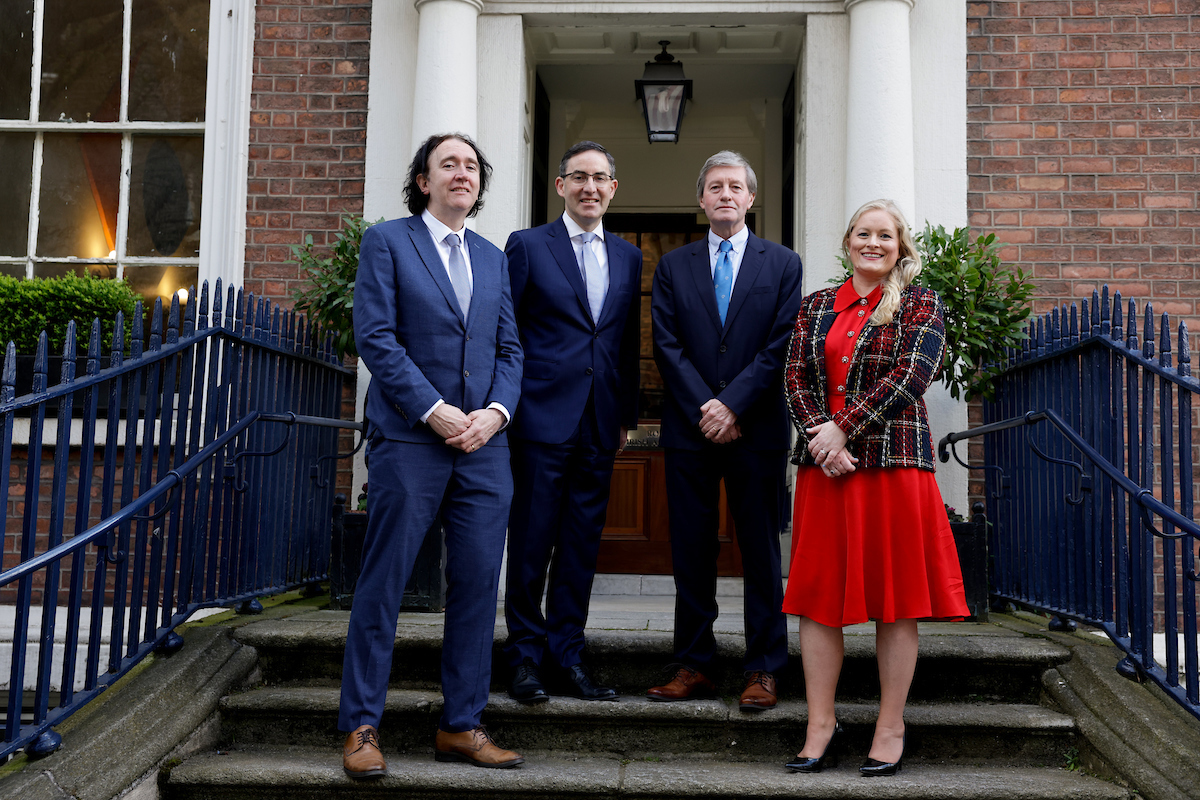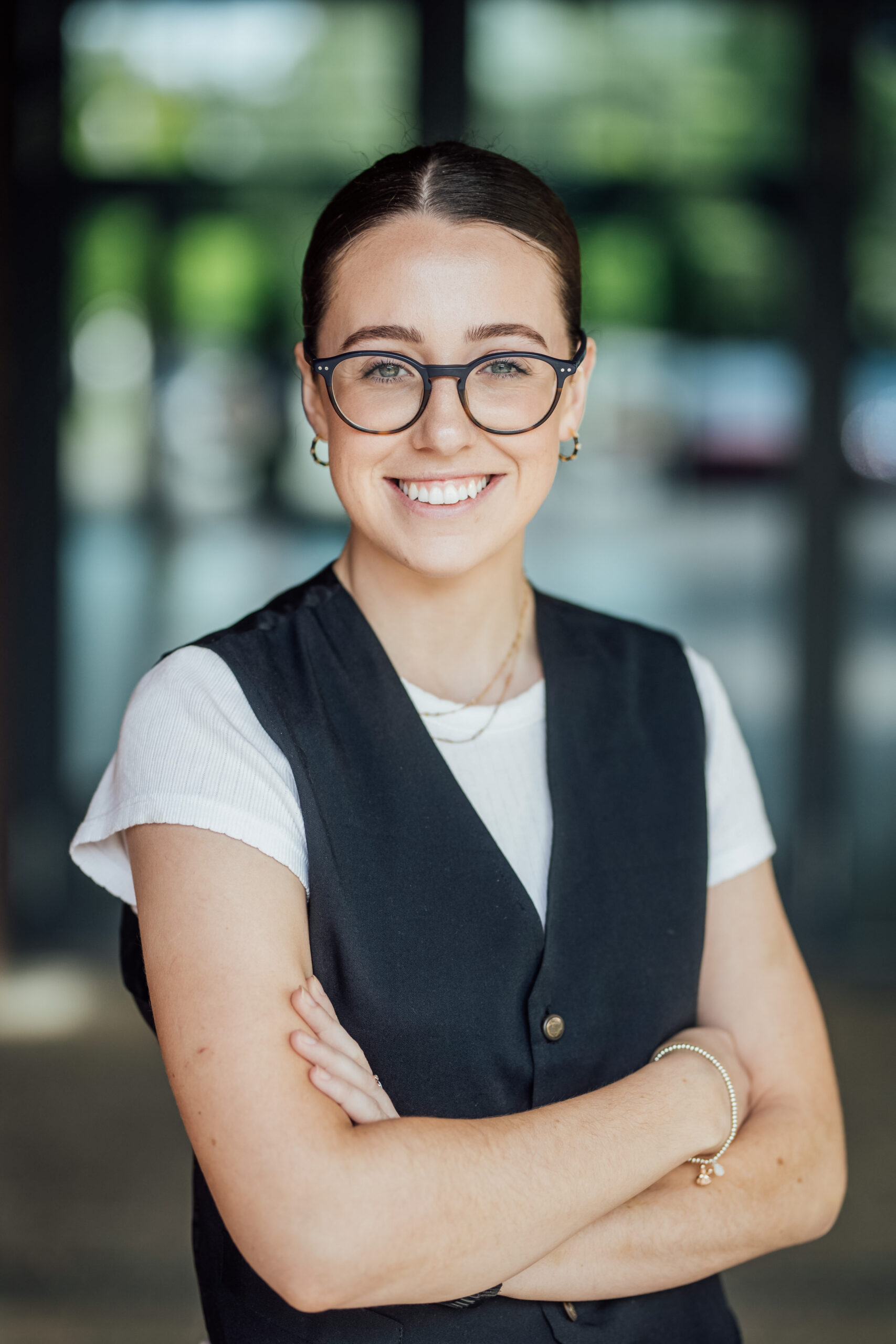Congratulations to Mariana Hugo Silva, University of Limerick, who has demonstrated commitment to and flair for public engagement and outreach in 2021. Mariana is very passionate about her research. Her project aims to develop a new generation of long-acting injectables (LAI). This means that instead of taking a particular drug in the oral form (i.e., tablet), the drug is injected, just like a vaccine. Due to the properties inherent to crystalline drug microparticles, the drug is released during a certain number of months instead of taking a daily pill. This is part of the LongActNow, Marie Skłodowska-Curie Action (MSCA) project with partners University of Limerick, SSPC, TU Dortmund, Trinity College Dublin and Jansen pharmaceuticals.
Mariana explains what she sees as the benefits of taking part in public engagement activities:
My main goal while working in science is to be able to build something that will contribute towards other people’s well-being and quality of life. But, as with all the other scientists, what we’re developing is for the people, and for that purpose it should be shared with the people. In the end, everything we do as scientists is for the general public, so making it accessible to everyone is essential.
Since I’ve arrived in Ireland, SSPC has provided different platforms and opportunities of discussion for me to debate either hot topics in science, present the work that I’ve been developing or simply share my experience as a scientist. These public engagement activities sponsored by SSPC and other entities may appear insignificant to some, but I believe they can have a snowball effect. Because someone is listening to us, the word can spread and help to inform the public about what scientists are currently doing to improve the future, or about pressing topics, as it was the case during COVID-19 pandemic.
Somewhere down the road, a small kid who was inspired by one of the SSPC EPE events may go on to become a scientist (and who knows what this child may achieve when he starts making ground-breaking discoveries). Also, there are different platforms facilitated by SSPC that allows you to reach different audiences through various means. And let me tell you, this was despite the challenge to keep providing this public activity service during the challenging times of COVID-19! Furthermore, there’s the pressing need of raising awareness and engaging younger generations that SSPC is doing is part to tackling it. When you achieve something great, you can simply inspire future generations. Directly by telling your story and sharing your experiences, visiting schools, giving talks, among others. Indirectly, by the social media posts (e.g. interviews, blog posts, and podcasts) shared by SSPC (commendable thing, who does it regularly without fail) on Instagram, LinkedIn and twitter. On another note, one of the main challenges in science communication is to communicate the right amount of information in the right amount of time in the right format. But SSPC is here to help in any way they can; Martin and Louise will always be available for a quick chat, to assist you when you have an idea but don’t know exactly how to implement, or simply to brainstorm with you.
Finally, I’d like to emphasize that the process of science communication and preparing for a talk is a lot of fun and enriching. During the brainstorming process, there are simple triggers in the most mundane things that make you create; sometimes consciously, others unconsciously. It is a fun process that I encourage everyone to try more often. This process will help you understand your science better, how to explain it to others in a simple way, as it did for me. Further, it will give you the opportunity to engage with the public and make impact.
Pictured above, award recipient Mariana Hugo Silva pictured with supervisors Prof. Sarah Hudson, University of Limerick, Alain Collas, Janssen R&D, and Prof. Lidia Tajber, Trinity College Dublin, as part of LongActNow, the Marie Skłodowska-Curie Action (MSCA) project.

